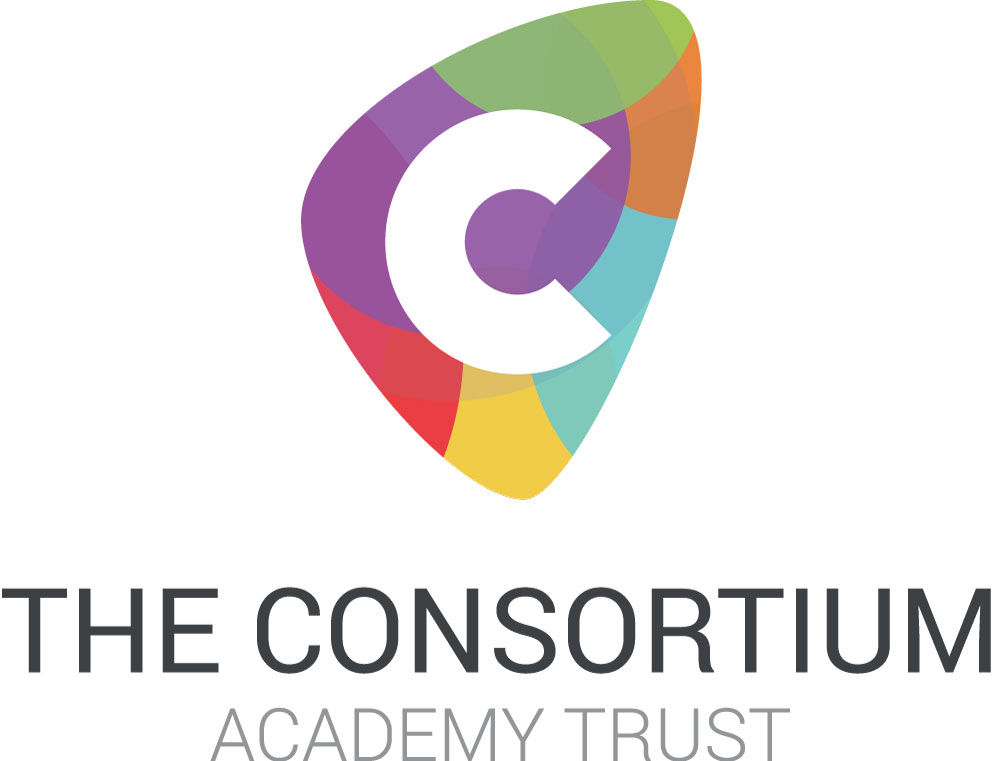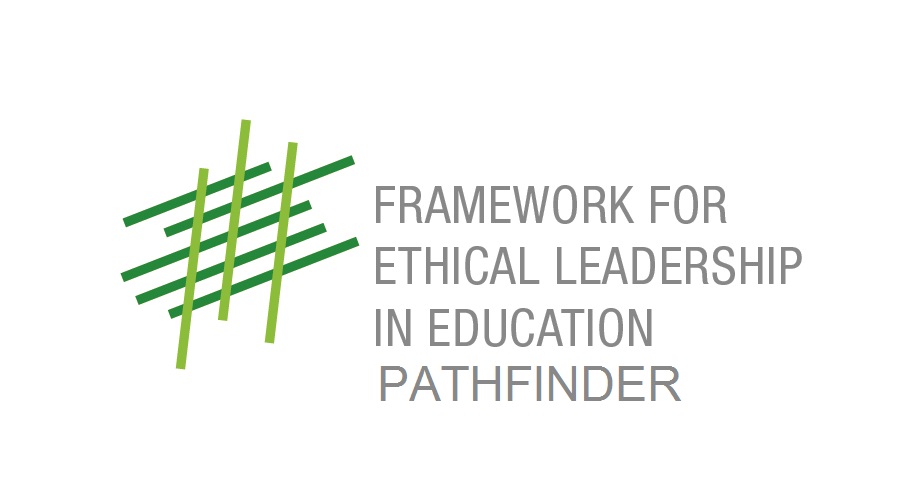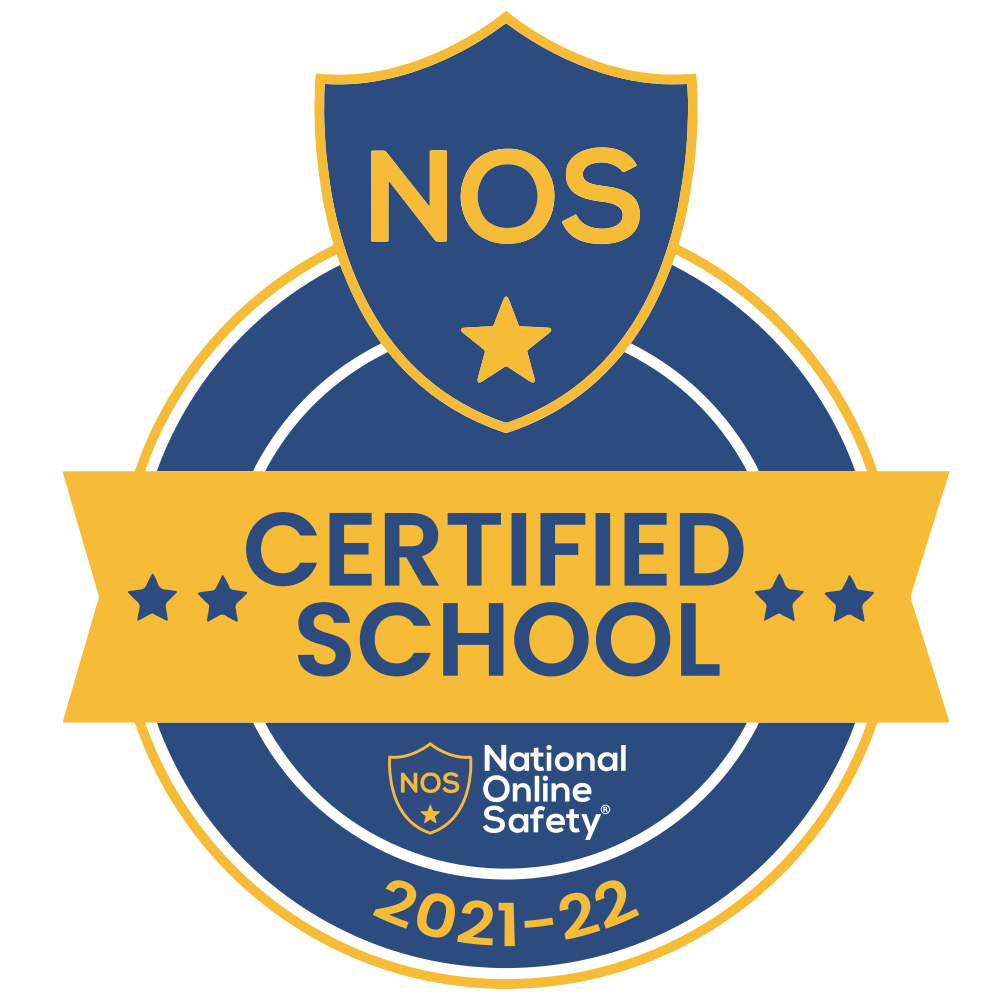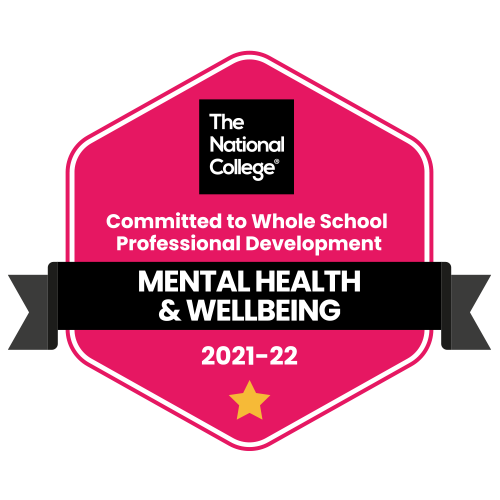English
| English | |
|---|---|
| Year 7 |
The Year 7 English Curriculum introduces crucial knowledge and skills required for progression. We seek to expose students to a range of high quality literary texts both fiction and nonfiction. Knowledge is delivered through key critical concepts which aim to increase students' ideas and contextual factors at a historical level, navigating culture as they progress. Skills are delivered to inspire our students to become active readers, skilled writers and confident speakers. This is further reinforced through the Holderness Communicator. Weekly library lessons not only intend to foster an engagement with reading through the AR programme but also to assist in the mental health, mindfulness and the wellbeing of our students. |
| Year 8 |
The Year 8 English Curriculum develops knowledge and skills from Year 7. We seek to expose students to a range of high quality literary texts both fiction and nonfiction. Knowledge is delivered through key critical concepts which aim to increase students' ideas, perspectives and contextual factors at a critical and historical level, navigating culture as they progress. Skills are delivered to inspire our students to become active readers, skilled writers and confident speakers. This is further reinforced through the Holderness Communicator. Weekly library lessons not only intend to foster an engagement with reading through the AR programme but also to assist in the mental health, mindfulness and the wellbeing of our students. |
| Year 9 |
The Year 9 English Curriculum masters skills developed in Year 8. We seek to expose students to a range of high quality literary texts both fiction and nonfiction. Knowledge is delivered through key critical concepts which aim to increase students' ideas, perspectives and contextual factors at a critical, philosophical and historical level, navigating culture as they progress. Skills are delivered to inspire our students to become active readers, skilled writers and confident speakers. This is further reinforced through the Holderness Communicator. |
| Year 10 |
Language (Pearson) - Our curriculum in GCSE English Language is intended to prepare students to be able to use English in a clear, pragmatic and confident way in the workplace through strong literacy skills. It is also intended to build creativity, imagination, persuasive techniques and a flair for use of the written word ready for further study. English Language encourages students to read widely - from fiction and non-fiction sources - and it gives students the tools to analyse and further understand the world they are living in. Literature (Pearson) - The specification takes a skills based approach to the study of English literature that is consistent across the genres. This will create renewed passion for reading and literature and inspire students to continue with the study of AS and A Level Literature and Language allowing students of all abilities to achieve their best. Students who study GCSE Literature will have transferable skills and is co-teachable with GCSE English Language. The course encourages critical thinking by students; it encourages a love of reading and writing; it encourages analytical reading to identify themes, characterisation, plot devices and use of imagery. Students are taught the necessary technical language needed to analyse texts and poems and are encouraged to learn quotations, off by heart, to demonstrate confidence and knowledge. Language ‘Lift’ - An alternative to the Pearson GCSE English Language qualification. GCSE English ‘Lift’ offers a new and different opportunity for students that empowers them and gives them the skills needed for their chosen future pathway. Students will read a wide range of texts fluently and with good understanding. They will read critically and use knowledge gained from wider reading to inform and improve their own writing. They will learn to: write effectively and coherently using Standard English appropriately use grammar correctly, punctuate and spell accurately acquire and apply a wide vocabulary alongside knowledge and understanding of grammatical terminology, and linguistic conventions for reading, writing and spoken language listen to and understand spoken language, and use spoken Standard English effectively. |
| Year 11 |
Language (Pearson) - Our curriculum in GCSE English Language is intended to prepare students to be able to use English in a clear, pragmatic and confident way in the workplace through strong literacy skills. It is also intended to build creativity, imagination, persuasive techniques and a flair for use of the written word ready for further study. English Language encourages students to read widely - from fiction and non-fiction sources - and it gives students the tools to analyse and further understand the world they are living in. Literature (AQA) - The specification takes a skills based approach to the study of English literature that is consistent across the genres. This will create renewed passion for reading and literature and inspire students to continue with the study of AS and A Level Literature and Language allowing students of all abilities to achieve their best. Students who study GCSE Literature will have transferable skills and is co-teachable with GCSE English Language. The course encourages critical thinking by students; it encourages a love of reading and writing; it encourages analytical reading to identify themes, characterisation, plot devices and use of imagery. Students are taught the necessary technical language needed to analyse texts and poems and are encouraged to learn quotations, off by heart, to demonstrate confidence and knowledge. |
| Year 12 |
English Language & Literature – Students will be able to: ● apply relevant methods for text analysis, drawing on linguistic and literary fields ● apply varied strategies for reading and listening according to text type and purpose for study ● identify and describe how meanings and effects are created and conveyed in texts ● show knowledge and understanding of the ways in which texts relate to the contexts in which they are produced and received ● apply linguistic and literary methodologies and concepts to inform their responses to and interpretations of texts
Literature - Read widely and independently both set texts and others that they have selected for themselves • engage critically and creatively with a substantial body of texts and ways of responding to them • develop and effectively apply their knowledge of literary analysis and evaluation • explore the contexts of the texts they are reading and others’ interpretations of them. |
| Year 13 |
English Language & Literature – Students will be able to: ● apply relevant methods for text analysis, drawing on linguistic and literary fields ● apply varied strategies for reading and listening according to text type and purpose for study ● identify and describe how meanings and effects are created and conveyed in texts ● show knowledge and understanding of the ways in which texts relate to the contexts in which they are produced and received ● apply linguistic and literary methodologies and concepts to inform their responses to and interpretations of texts ● explore connections across a wide range of literary and non-literary texts ● use English appropriately, accurately and creatively ● use a range of techniques to evaluate the effectiveness of texts for different audiences and purposes, informed by wide reading and listening
English Language & Literature - Read widely and independently both set texts and others that they have selected for themselves • engage critically and creatively with a substantial body of texts and ways of responding to them • develop and effectively apply their knowledge of literary analysis and evaluation • explore the contexts of the texts they are reading and others’ interpretations of them. |






